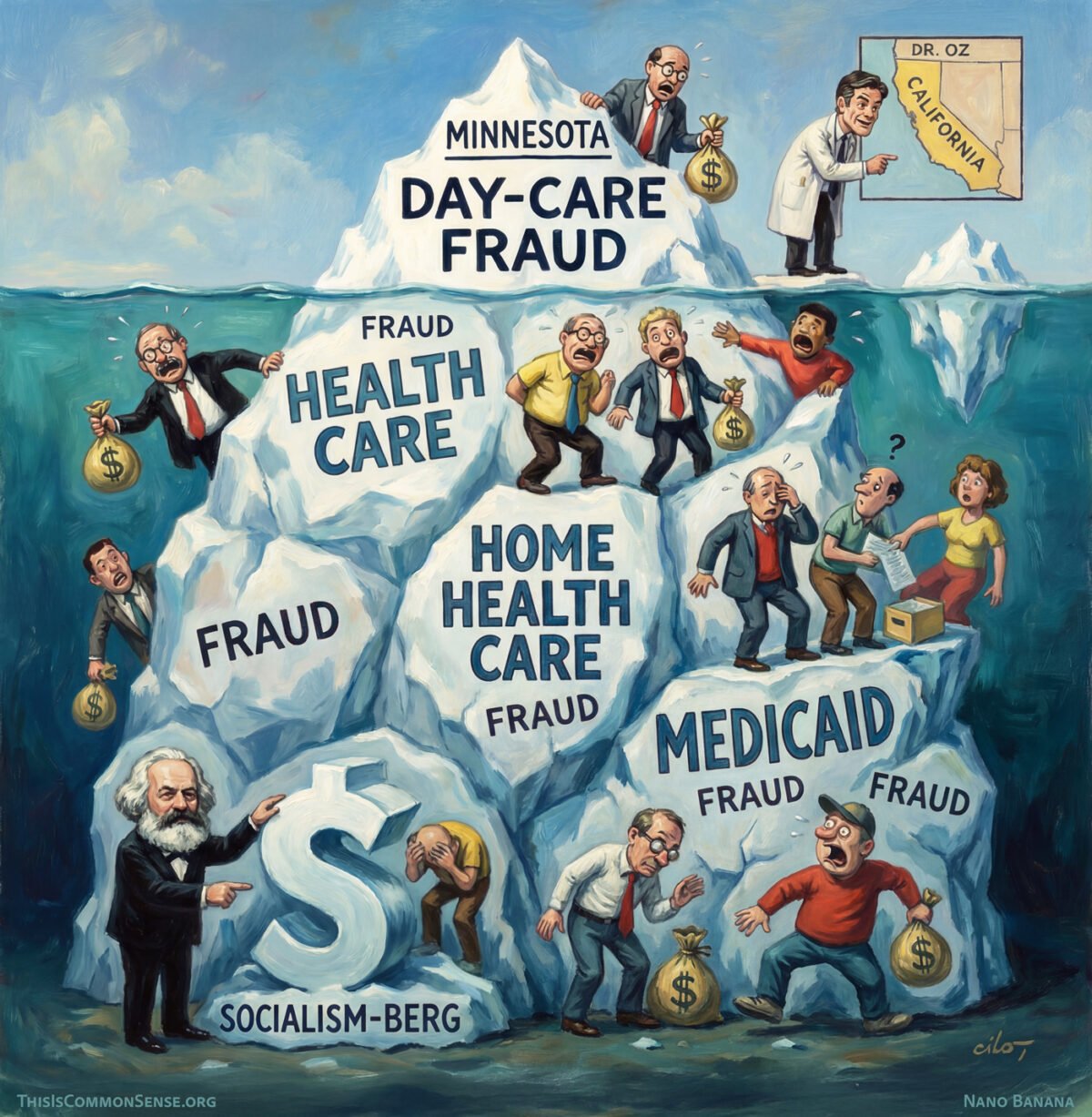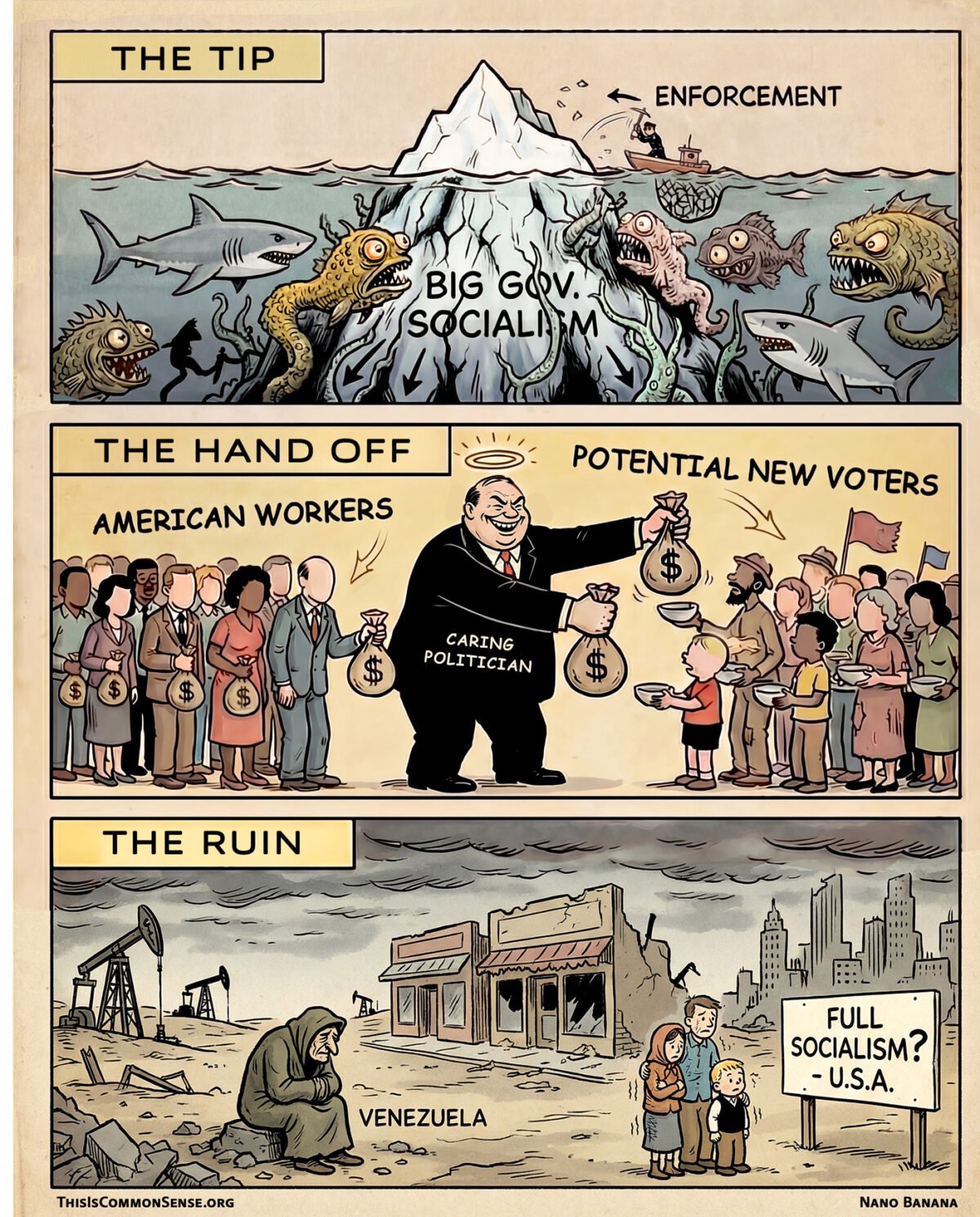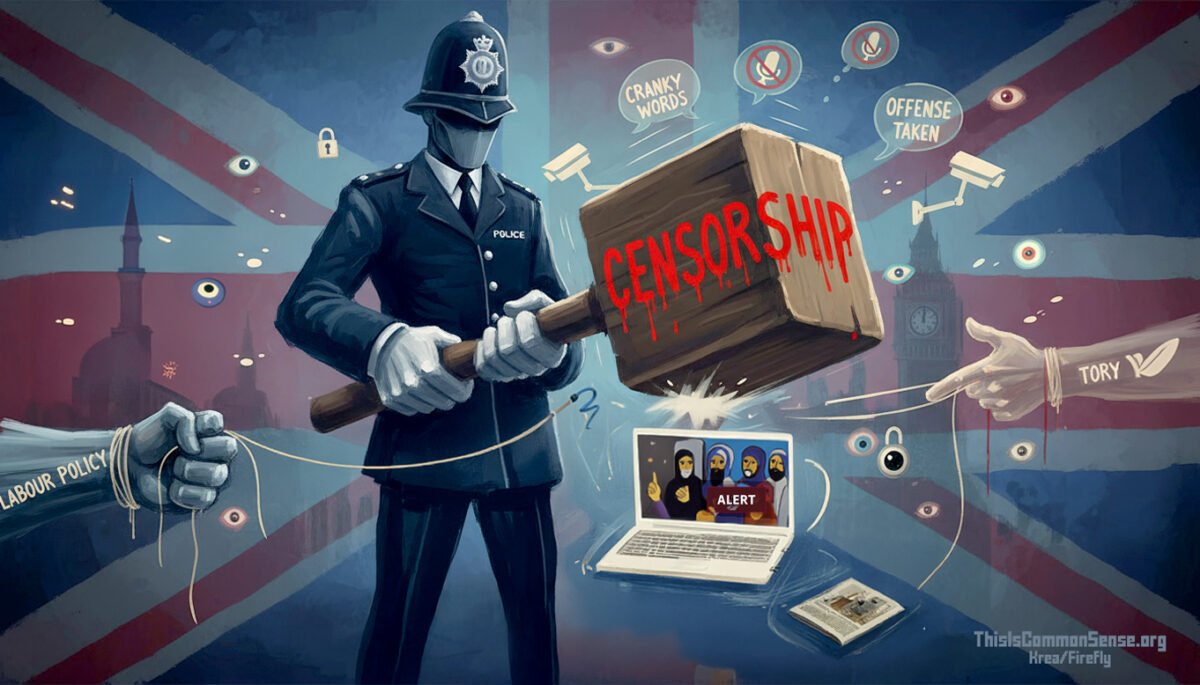Americans are strongly united against people being gunned down on our streets by federal agents.
Saturday, the victim was Alex Pretti, a 37-year-old ICU nurse working at the Minneapolis VA Medical Center. Pretti was an American citizen with a conceal-carry permit. Border Patrol Chief Greg Bovino quickly informed the public: “During this operation, an individual approached U.S. Border Patrol agents with a 9 mm semi-automatic handgun. The agents attempted to disarm the individual, but he violently resisted. Fearing for his life and the lives and safety of fellow officers, a Border Patrol agent fired defensive shots.
“The suspect also had two loaded magazines and no accessible ID,” added Bovino. “This looks like a situation where an individual wanted to do maximum damage and massacre law enforcement.”
Had this farfetched narrative been even close to true, maybe we could partly reconcile the killing we witness relentlessly in cellphone videos. I like to reserve judgment until all the facts are in, but to me the videos don’t implicate Pretti as a “terrorist” in the slightest and leave little doubt that, in law enforcement lingo, this was not at all a “good shoot,” i.e. a justified use of deadly force.
Yesterday, President Trump told The Wall Street Journal that he had a “very good telephone conversation” with Minneapolis Mayor Jacob Frey. “The president agreed the present situation can’t continue,” offered Frey.
This change is driven democratically: Republicans at the White House, in Congress and across the country know the voters will crush them if this continues through the fall elections.
Now if voters can only unite on reform beyond merely stopping the shooting.
This is Common Sense. I’m Paul Jacob.
Illustration created with Nano Banana
See all recent commentary
(simplified and organized)
See recent popular posts









